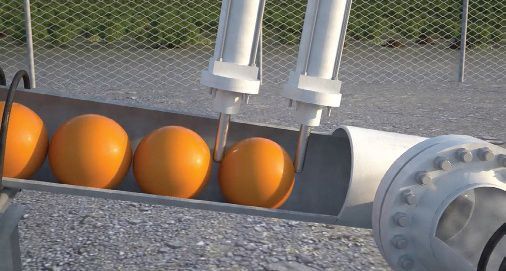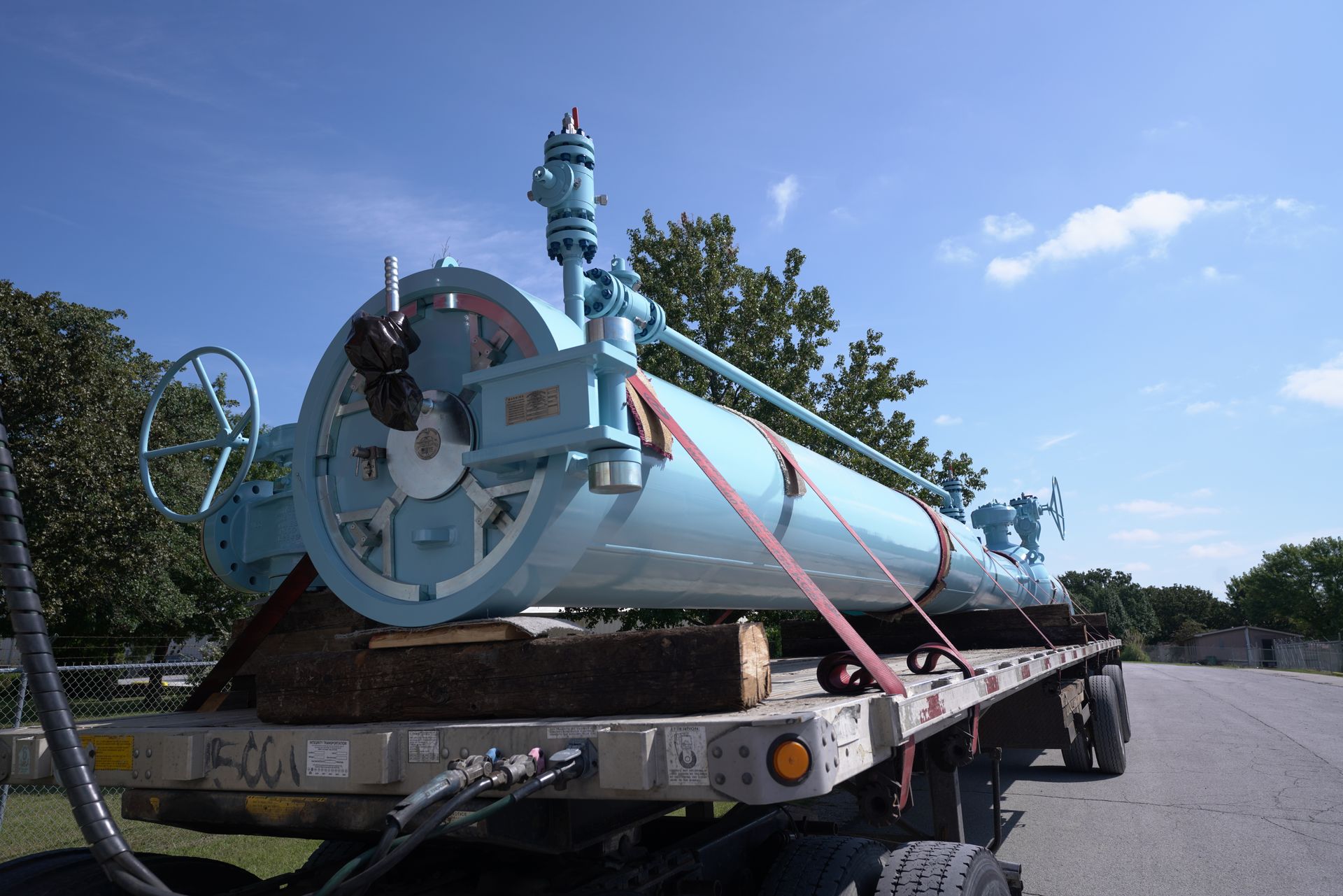The Future of Energy: Renewable Natural Gas (RNG) and PEI's Innovative Solutions
This is a subtitle for your new post
Renewable Natural Gas: Enhancing Sustainability with PEI's Advanced Solutions
Renewable Natural Gas (RNG) is redefining sustainable energy, providing an eco-friendly alternative to conventional natural gas. PEI is at the forefront, offering specialized skid-mounted solutions for RNG measurement and regulation, featuring components from leading manufacturers for optimal efficiency and precision.
RNG: A Sustainable Energy Alternative
RNG is derived from sources like livestock waste, dairy farms, and landfills. Through biogas decomposition and biomethane upgrading processes, RNG is converted into a cleaner fuel, aligning with natural gas standards and significantly reducing carbon emissions.
PEI's Expertise in RNG Technology
PEI's custom skid solutions for RNG are designed to meet specific customer needs, ensuring compliance with industry standards. Their technology represents a blend of innovation and practicality, offering efficient management of RNG processes.
The Environmental Benefits of RNG
RNG plays a crucial role in reducing greenhouse gas emissions, contributing to climate change mitigation. Its production from renewable sources like dairy farms represents a significant step towards a more sustainable energy future.
The Growth and Potential of RNG
The RNG sector is experiencing rapid growth, driven by the increasing demand for cleaner energy sources. Supported by organizations advocating for renewable energy, the industry is poised for further expansion and innovation.
RNG's Diverse Applications
RNG's versatility is evident in its use across various sectors including heating, electricity generation, and as a vehicle fuel. This adaptability underlines its potential to replace conventional energy sources in multiple applications.
PEI's commitment to RNG technology highlights their role in advancing sustainable energy solutions. By focusing on custom, efficient, and environmentally responsible practices, they contribute significantly to the evolving landscape of renewable energy.
PEI Articles



